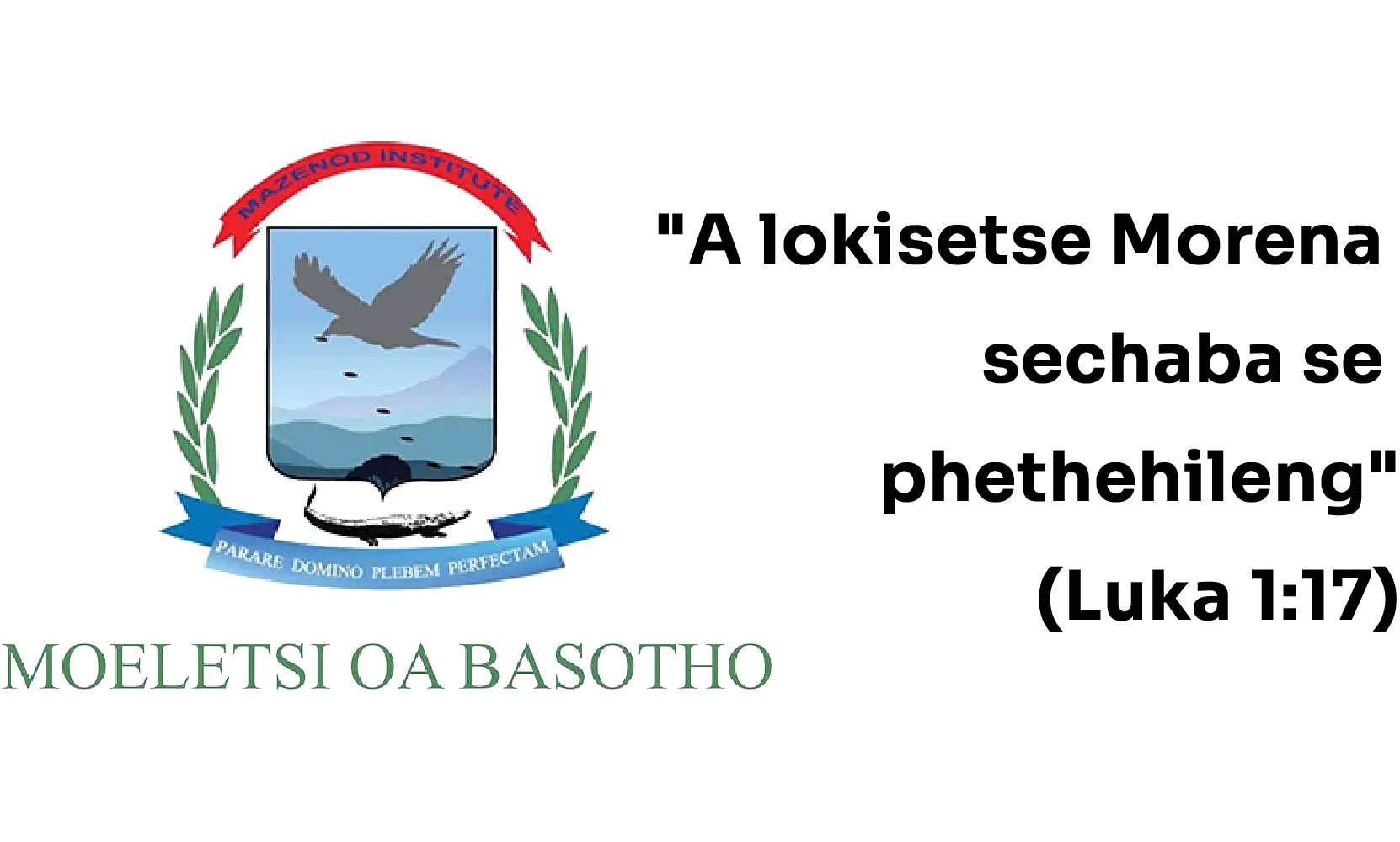In the serene village of Mapoteng, nestled in Berea district, Lesotho, Tšepang Tshabalala has emerged as a hope for those battling cancer and other illnesses. Born and raised amidst a rich herbal tradition, Tshabalala has embarked on a remarkable journey as an herbalist, driven by a deep-rooted passion for natural remedies.
His venture into herbal healing was not merely a career choice, but a calling shaped by a profound connection to the healing power of local herbs and plants. “I was born with a passion for natural herbs and plants,” Tshabalala reflects, “and as I matured, I realised I could innovate and create truly effective remedies.”
Central to Tshabalala’s practice is his unique approach that blends traditional knowledge with modern research methodologies. Unlike conventional herbalists, he employs Naturopathy methods, meticulously researching plants to harness their healing properties effectively.
A typical day in Tshabalala’s life begins with sourcing ingredients, many of which he cultivates in his yard or gathers from the lush countryside surrounding Mapoteng. His process involves carefully blending these herbs into remedies that address physical ailments such as nausea, hair loss, and anemia, often associated with chemotherapy.
While his remedies primarily focus on physical healing, Tshabalala acknowledges the cultural significance of herbal treatments. “They can somehow be cultural in many countries,” he notes, hinting at the broader cultural context within which his remedies are embraced.
Looking to the future, Tshabalala envisions expanding his business beyond local borders, aiming to export his herbal blends worldwide. “I have plans to grow bigger in business,” he affirms, “to provide jobs for the Basotho nation and share our remedies globally.”
For those curious about integrating herbal remedies into their lives, Tshabalala offers straightforward advice: “Herbal remedies are completely natural and unadulterated, created by God perfectly. Proper awareness and understanding can make a significant difference.”
In his consultations with clients, Tshabalala takes a personalized approach, engaging in thorough discussions about their illnesses and prescribing tailored treatments. He emphasizes the importance of dietary advice alongside herbal medication to enhance the healing process.
Despite challenges, including scepticism from within his community, Tshabalala remains undeterred, driven by the rewarding experience of witnessing healing firsthand. “God blesses my innovations,” he shares, “by using nature to heal His people.”
Through his presence at Mapoteng’s vibrant market scene, Tshabalala not only contributes to the community’s health but also challenges the status quo of medical practices. His treatments have garnered attention beyond Lesotho, resonating with communities as far as the Republic of South Africa.
Tshabalala’s journey as an herbalist is characterized by resilience and a profound commitment to restoring health naturally. As he continues to innovate and expand, his impact on the field of herbal medicine promises to be enduring, offering hope and healing to many.
In conclusion, Tšepang Tshabalala stands as a testament to the power of tradition, research, and unwavering faith in the healing properties of nature’s bounty.









